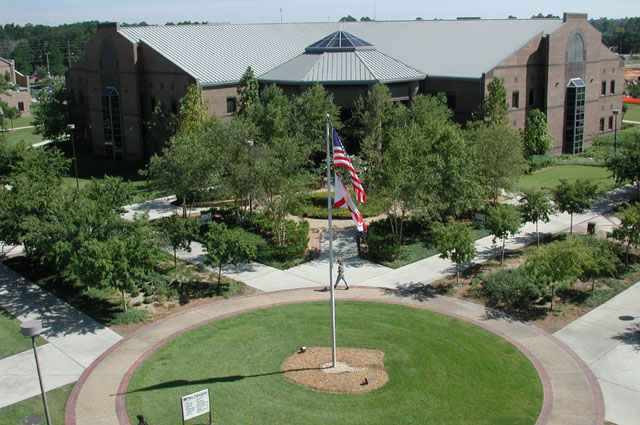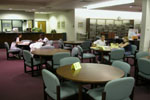Study: College students rarely use librarians' expertise
excerpts from the online article:
This is one of the sobering truths these librarians, representing a group of Illinois universities, have learned over the course of a two-year, five-campus ethnographic study examining how students view and use their campus libraries: students rarely ask librarians for help, even when they need it. The idea of a librarian as an academic expert who is available to talk about assignments and hold their hands through the research process is, in fact, foreign to most students. Those who even have the word "librarian" in their vocabularies often think library staff are only good for pointing to different sections of the stacks.
The ERIAL (Ethnographic Research in Illinois Academic Libraries) project -- a series of studies conducted at Illinois Wesleyan, DePaul University, and Northeastern Illinois University, and the University of Illinois's Chicago and Springfield campuses -- was a meta-exercise for the librarians in practicing the sort of deep research they champion. Instead of relying on surveys, the libraries enlisted two anthropologists, along with their own staff members, to collect data using open-ended interviews and direct observation, among other methods. . . . .
Exploding the 'Myth of the Digital Native'
The most alarming finding in the ERIAL studies was perhaps the most predictable: when it comes to finding and evaluating sources in the Internet age, students are downright lousy.Only seven out of 30 students whom anthropologists observed at Illinois Wesleyan "conducted what a librarian might consider a reasonably well-executed search," wrote Duke and Andrew Asher, an anthropology professor at Bucknell University, whom the Illinois consortium called in to lead the project.
Throughout the interviews, students mentioned Google 115 times -- more than twice as many times as any other database. The prevalence of Google in student research is well-documented, but the Illinois researchers found something they did not expect: students were not very good at using Google. They were basically clueless about the logic underlying how the search engine organizes and displays its results. Consequently, the students did not know how to build a search that would return good sources. (For instance, limiting a search to news articles, or querying specific databases such as Google Book Search or Google Scholar.)
. . . . . .
The goal was to generate data that, rather than being statistically significant yet shallow, would provide deep, subjective accounts of what students, librarians and professors think of the library and each other at those five institutions. The resulting papers are scheduled to be published by the American Library Association this fall, under the title: "Libraries and Student Culture: What We Now Know."
see the complete article at: http://www.usatoday.com/news/education/story/2011-08-22/Study-College-students-rarely-use-librarians-expertise/50094086/1?csp=34news





0 Comments:
Post a Comment
<< Home